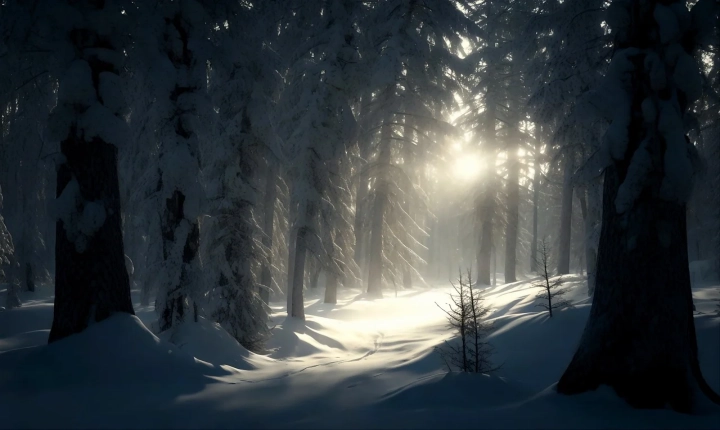Title: Unleashing the Power of ChatGPT: How to Generate a Photo with ChatGPT
In recent years, ChatGPT has emerged as a powerful tool for generating human-like text and engaging in meaningful conversations. However, the potential of ChatGPT extends beyond just text generation. With the right approach and tools, it is possible to leverage ChatGPT to generate images, unlocking a new realm of creative possibilities.
One of the most popular approaches to generating images with ChatGPT is using a technique called OpenAI’s CLIP model. CLIP (Contrastive Language-Image Pretraining) is an advanced model that can associate images with text, allowing ChatGPT to understand and generate images based on textual prompts.
To make ChatGPT generate a photo using CLIP, consider the following steps:
1. Utilize a Text Prompt: Start by creating a textual prompt that describes the image you want to generate. Be descriptive and specific in your prompt to guide ChatGPT in understanding your desired image. For example, if you want to generate a sunset over a beach, your prompt could be, “Generate an image of a vibrant sunset over a serene beach with waves gently crashing against the shore.”
2. Integrate with OpenAI’s CLIP Model: Leverage the capabilities of OpenAI’s CLIP model to connect the textual prompt with image generation. This involves using the CLIP model to bridge the language-image correspondence, enabling ChatGPT to interpret the prompt and produce a relevant image.
3. Fine-Tune and Adjust Parameters: Fine-tune the parameters and settings of ChatGPT and the CLIP model to achieve the desired style and details in the generated image. Experiment with different settings to control aspects such as color, composition, and overall aesthetic.
4. Refine and Iterate: Generating high-quality images using ChatGPT requires refinement and iteration. After the initial generation, review the results and provide feedback to ChatGPT to refine the image further. This iterative process allows for the gradual improvement of the generated images.
5. Explore Creative Possibilities: Beyond replicating real-world scenes, explore creative possibilities by prompting ChatGPT to generate abstract or surreal images. Encourage experimentation to push the boundaries of image generation with ChatGPT.
It is essential to note that generating images with ChatGPT using CLIP is a complex and resource-intensive process that requires a deep understanding of machine learning and model implementation. Additionally, access to powerful computational resources and expertise in AI development is crucial for achieving optimal results.
As the field of AI continues to advance, the potential of ChatGPT for image generation will likely expand, opening doors to new applications in art, design, and visual storytelling. By mastering the art of leveraging ChatGPT to generate images, individuals and organizations can tap into a revolutionary way of expressing creativity and bringing imaginative visions to life.
In conclusion, the integration of ChatGPT with CLIP and the subsequent generation of images represents a groundbreaking intersection of natural language processing and computer vision. As this technology evolves, it holds the promise of redefining the creative process and empowering individuals to manifest their ideas in unprecedented ways.
